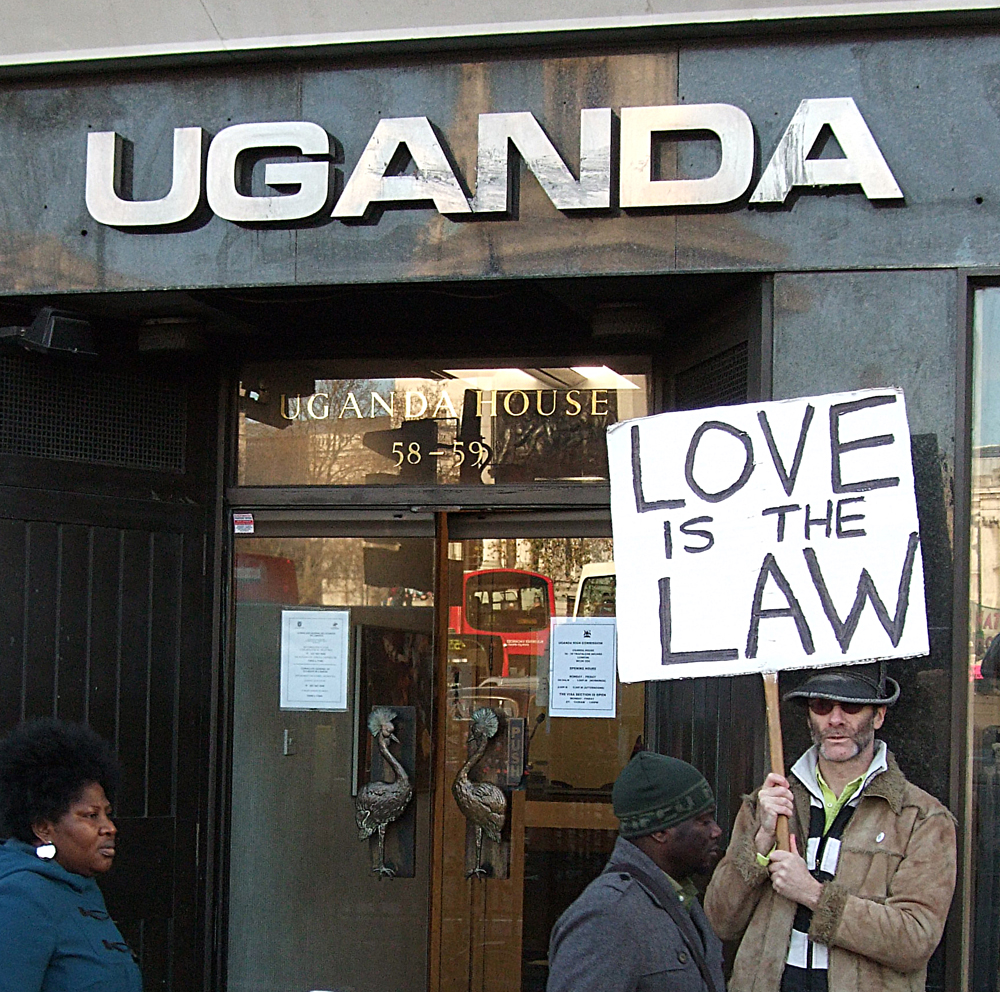By Michael Kalin for Denver Dialogues.
Under the Trump administration, the fate of the Countering Violent Extremism (CVE) agenda remains muddled, contradictory, and sadly oblivious to the most promising findings from emerging research.
While in Saudi Arabia during Trump’s first overseas trip to the Middle East, Riyadh announced the establishment of a new Global Center for Combating Extremist Ideology. The Center will reportedly monitor propaganda from ISIS and related groups and develop tolerant Islamic counter-narratives.
While Trump lauded the announcement during his trip abroad, back home he is steering CVE programming in the opposite direction. The proposed budget unveiled by the White House last month guts funding for domestic CVE programming, reducing the Department of Homeland Security’s $50 million budget for CVE down to nothing .
Under the Obama administration, CVE had been generally tasked with countering extremist propaganda on social media and identifying so-called extremists before they could commit acts of violence at home or abroad. To this end, millions of dollars were spent researching and funding law enforcement pilot programs in major cities designed to foster trust between police and Muslim communities and encourage the latter to share information about vulnerable youth.
Despite the government’s bid to gain buy-in from the Muslim American community, civil rights and Muslim-American community organizations routinely criticized the program, questioning its effectiveness, citing the limited basis of empirical support for these policies, and arguing that CVE has contributed to the further stigmatization of Muslims in America.
Despite these critiques from community leaders, it’s widely reported that the Trump administration’s proposal to end CVE program funding was due to pressure from Republicans in Congress who believe that, when it comes to CVE programming, the emphasis on law enforcement does not go far enough.
Yet, just as the White House’s agenda wants to further define CVE through the lens of policing, emerging findings from a new wave of research suggests that a far more effective way to understand and prevent violent radicalization may be through the lens of public health.
Some have argued that CVE is really an epidemiological problem, since many of the risk factors for violent extremism overlap with those of negative health outcomes more broadly, such as low income and social status and a lack of social support networks, coping skills, and access to mental health services. Indeed, the protective factors against violent extremism are often the same factors that allow communities to withstand stresses in the face of adversity, such as social cohesion, economic stability, and access to health care.
Meanwhile, at the individual level, several studies have discovered experimentally-validated techniques to counter cognitive rigidity, which has been theorized to be associated with violent extremism. For example, the ReSource Project led by the German economist, Tania Singer, is pioneering a set of secular mental training exercises that have been shown to both increase empathy and perspective taking, which can reduce social isolation. Elsewhere, British researchers Andy Oxman and Sir Iain Chalmers have demonstrated that critical thinking is a skill that can be taught. Together they have developed a curriculum that can prevent the spread of ‘alternative facts’ by teaching children to adopt standards of evidence-based thinking to evaluate truth claims. While the curriculum was geared towards teaching kids to reject spurious health claims, applying these findings to other domains – such as religion and politics – seems intuitive as a next step.
Until now, CVE approaches grounded in a law enforcement paradigm have yet to amass a strong body of evidence to suggest that they can reliably prevent violent radicalization; moreover, public outcry from the communities that are targeted suggests these initiatives may risk further alienating those who need the most outreach.
Understanding the drivers of violent extremism is multifaceted with several likely drivers, including network effects, nuanced religious teachings, and constructive sources of social standing and self-worth. Unfortunately, just as the focus in Britain and elsewhere appears to be shifting towards less-stigmatizing measures emphasizing prevention and intervention, America seems poised to double down on unproven and counterproductive policies.
Michael Kalin is a postdoctoral research fellow at the Sié-Chéou Kang Center for International Security and Diplomacy at the Josef Korbel School of International Studies, University of Denver.







